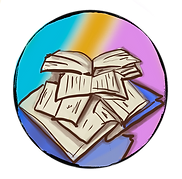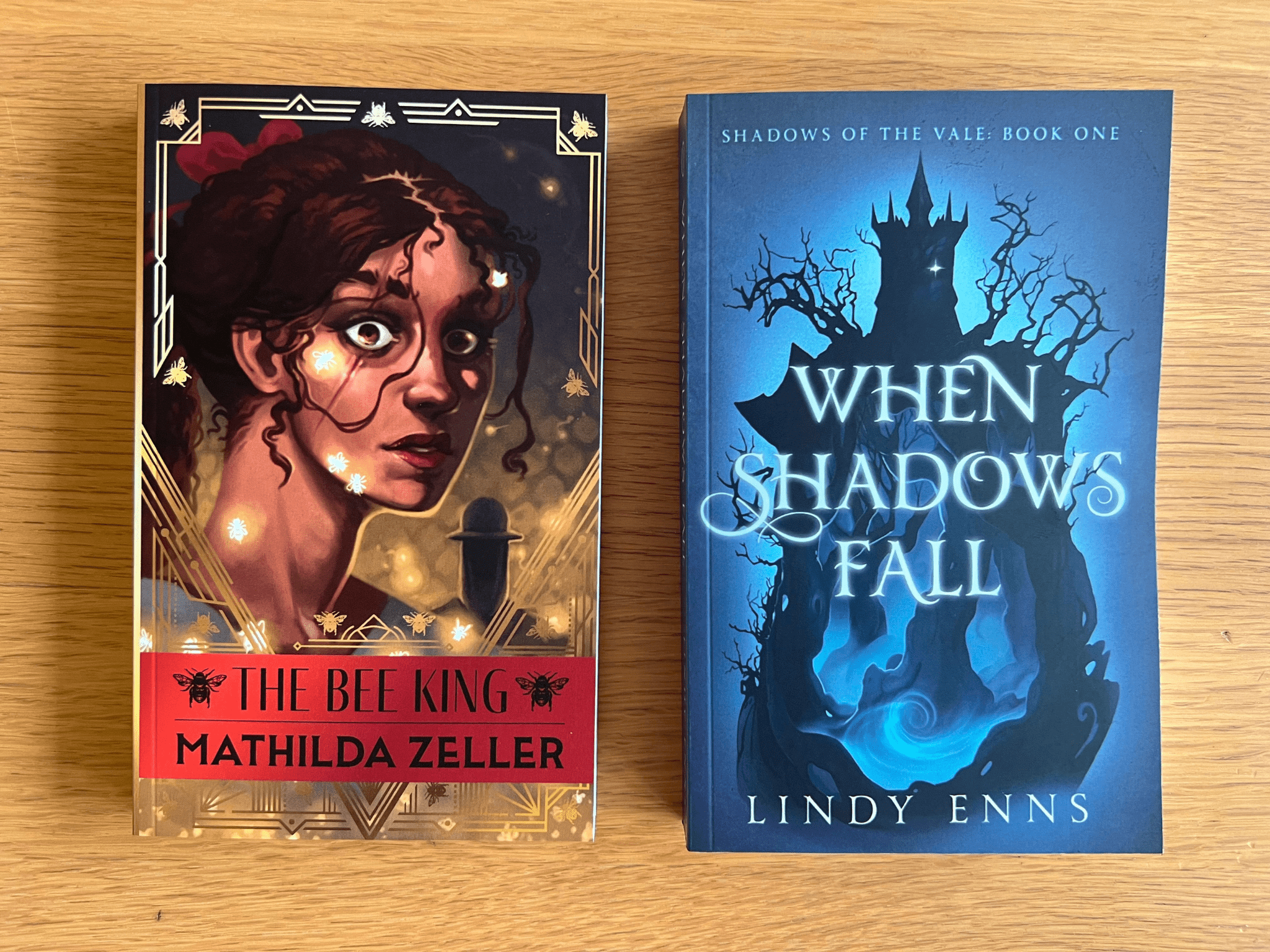CASUAL BUSINESS WITH FAIRIES
When I was a teenager and into my twenties, I did a lot of creative writing. Mostly poems, but a few short stories. I moved on from creative writing for about ten years, though in the back of my mind, I always had a desire to write a book one day. Then, in 2016, I started writing a law blog as a marketing device for my legal career. Over the next four years, I wrote hundreds of thousands of words for my law blog and converted that into three law practice management books.
Around 2017, I learned about some dark parts of my family history involving a murder-suicide that occurred in 1940. That sparked my interest in my paternal family lineage, about which I knew very little. Eventually, I developed an idea for telling some of this history in a novelized form. In 2018 and 2019, I wrote about 20,000 words of that novel before realizing I didn’t yet know enough about writing novels to make, what was a rather complicated story idea, work. I began working on another novel in 2019 and into 2020, but after about 18,000 words, I shelved it too. The pandemic had hit, and with all the added stresses, I wasn’t in a mental space that allowed creativity to blossom.
At the end of August 2020, several ideas converged in my head, and I began writing what would become my first completed novel, Vulcan Rising. I wrote it in just under four months, finishing the first draft in mid-December 2020. It remains that fastest book I’ve written. I have been writing novels ever since, and am currently working on the last dozen chapters of my sixth novel.
For Casual Business with Fairies, I pulled a good bit of the protagonist’s work and life experience from my own. He’s probably the character I’ve written who most closely resembles me. But I knew that I didn’t want to write a standard legal procedural. Those kinds of books don’t particularly appeal to me. So I took my lawyer and dropped him into the middle of a chaotic situation in a world that was previously unknown to him, and forced him to use his skills in critical thinking and dealing with contracts to work his way through the continuously escalating problems.
My first law practice management was published through a traditional publisher, and while I had a good experience overall, there were certainly things that we had different visions for. I realized fairly quickly that I wanted much more control over the entire process.
Between the writing of my first and second books, I read numerous books and listened to hundreds of podcast episodes about indie publishing. When it came time for the second book, which the same publisher had first rights to, I asserted some demands that I thought would result in them declining the book. It worked.
Since that second book, I have been independently publishing my own works, both fiction and non-fiction. I have also used my publishing imprint to publish books for a couple of other authors as well.
Educate yourself on the process of what it takes to produce a professional-looking product. I put a lot of work into making sure that not only are the stories contained within the books good, but they are also presented well. From the cover to trim size to the interior elements, I don’t want a reader to be able to distinguish between my novels and some produced by one of the major publishing houses. But within that framework, you have a great deal of liberty to create a book that brings you joy as the writer and hopefully elicits enjoyment from your readers as well.




